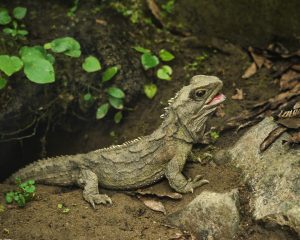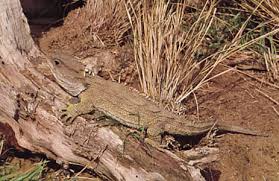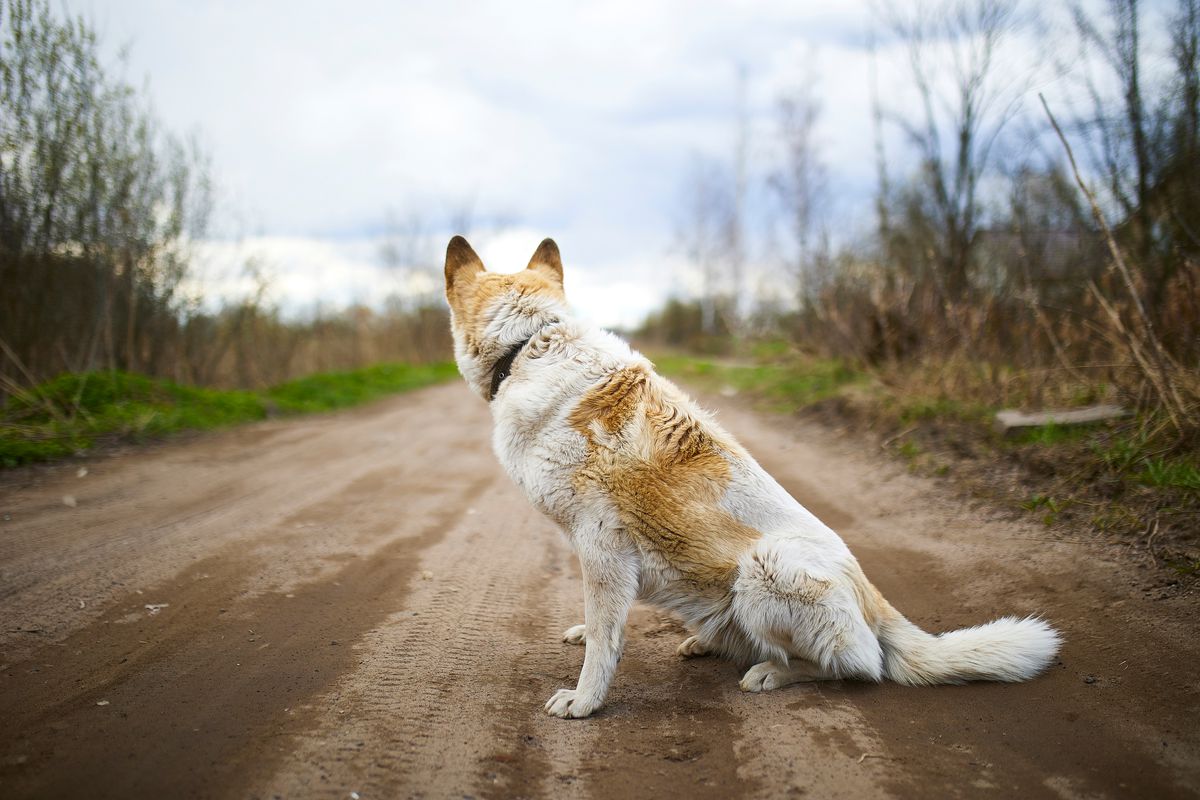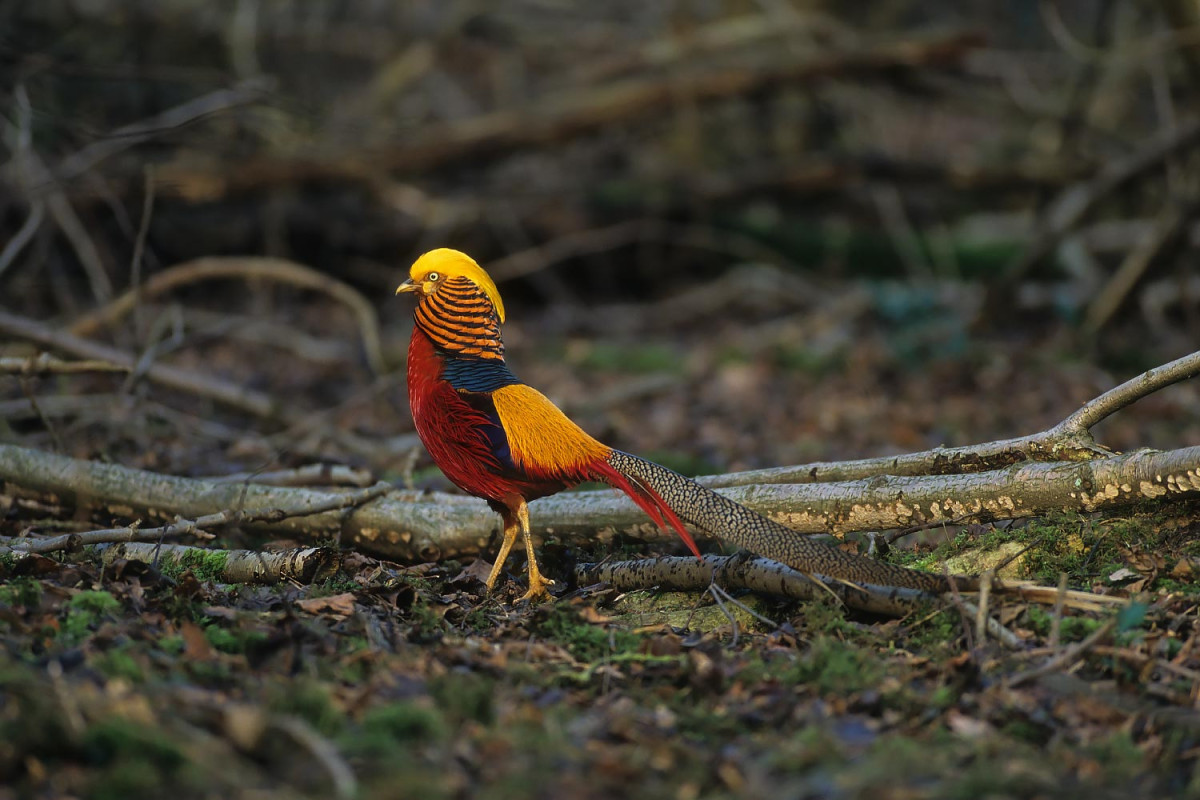Scientists have identified ancient reptiles dating back to 289 million years ago that could detach their
tails to escape the grasp of their predators – the oldest known example of such behaviour.
The reptiles, called Captorhinus, weighed less than two kilograms and were smaller than the predators of
the time.
They were abundant in terrestrial communities during the Early Permian period and are distant relatives
of all the reptiles today.

As small omnivores and herbivores, Captorhinus and its relatives had to scrounge for food while
avoiding being preye upon by large meat-eating amphibians and ancient relatives of mammals.
“One of the ways captorhinids could do this was by having breakable tail vertebrae,” said Aaron LeBlanc,
PhD student University of Toronto in Canada.
Like many present-day lizard species, such as skinks, that can detach their tails to escape or distract a predator,
the middle of many tail vertebrae had cracks in them.
It is likely that these cracks acted like the perforated lines between two paper towel sheets, allowing
vertebrae to break in half along planes of weakness.
“If a predator grabbed hold of one of these reptiles, the vertebra would break at the crack and the tail would
drop off, allowing the captorhinid to escape relatively unharmed,” said Robert Reisz, professor at the University
of Toronto.











